Digital Transformation
Transform Your Business: Unlocking Success with Digital Transformation
From Stagnation to Growth: How Digital Transformation Can Revitalize Your Business
Table of Contents
The Benefits of Digital Transformation
- Increased Efficiency: Digital transformation automates processes, reducing manual errors and freeing up resources for more strategic tasks. For example, automating repetitive tasks such as data entry, invoicing, and bookkeeping can save time and reduce the risk of errors.
- Enhanced Customer Experience: Digital transformation provides a seamless and personalized experience for customers, improving engagement and loyalty. With digital channels, businesses can interact with customers in real-time, respond to their queries, and provide tailored solutions.
- Competitive Advantage: Businesses that adopt digital transformation can differentiate themselves from competitors and establish a market lead. By leveraging digital technologies, businesses can innovate and experiment, staying ahead of the competition.
- Data-Driven Decision Making: Digital transformation provides access to vast amounts of data, enabling businesses to make informed decisions and drive growth. With data analytics, businesses can gain insights into customer behavior, market trends, and operational efficiency.
Best Practices for Digital Transformation
- Develop a Clear Strategy: Define a clear vision and strategy for digital transformation, aligning it with business goals. This includes identifying areas for improvement, setting priorities, and establishing metrics for success.
- Invest in Talent: Hire talent with the skills and expertise needed to drive digital transformation. This includes professionals with expertise in digital technologies, data analytics, and change management.
- Foster a Culture of Innovation: Encourage experimentation and innovation, providing resources and support for digital transformation projects. This includes creating a culture that encourages risk-taking, learning from failure, and continuous improvement.
- Monitor and Evaluate: Continuously monitor and evaluate the effectiveness of digital transformation initiatives, making adjustments as needed. This includes tracking key performance indicators (KPIs), conducting regular reviews, and making data-driven decisions.
- Artificial Intelligence (AI): AI enables businesses to automate processes, analyze data, and make informed decisions. AI-powered chatbots, for example, can provide 24/7 customer support, while AI-driven analytics can identify patterns and trends in customer behavior.
- Cloud Computing: Cloud computing provides scalability, flexibility, and cost savings, enabling businesses to innovate and grow. Cloud-based solutions can be easily deployed, scaled, and managed, reducing the need for expensive infrastructure and IT support.
- Internet of Things (IoT): IoT enables businesses to connect devices, collect data, and drive insights. IoT sensors, for example, can monitor equipment performance, predict maintenance needs, and optimize production processes.
- Blockchain: Blockchain technology provides a secure, transparent, and tamper-proof way to conduct transactions and store data. Blockchain-based solutions can improve supply chain management, reduce counterfeiting, and enhance data security.
The Future of Digital Transformation
- Increased Adoption of AI: AI will continue to play a key role in digital transformation, driving automation and enhancing decision-making.
- Growing Importance of Cybersecurity: As businesses become more digital, cybersecurity will become increasingly important to protect against threats.
- More Focus on Customer Experience: Digital transformation will continue to enable businesses to provide a seamless and personalized experience for customers.
- Increased Use of Data Analytics: Data analytics will continue to play a critical role in digital transformation, enabling businesses to make informed decisions and drive growth.



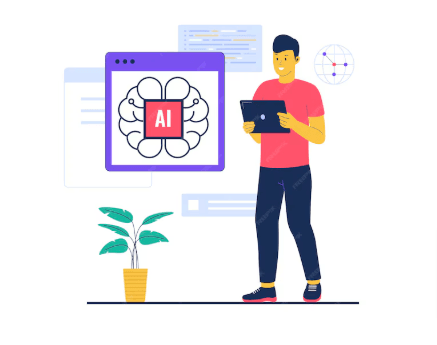


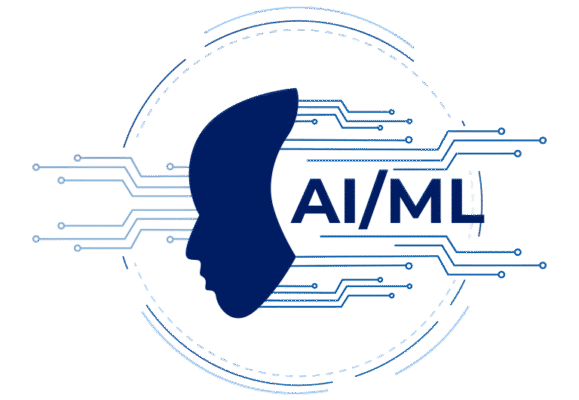


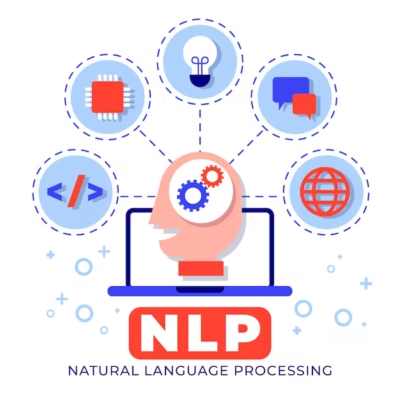

















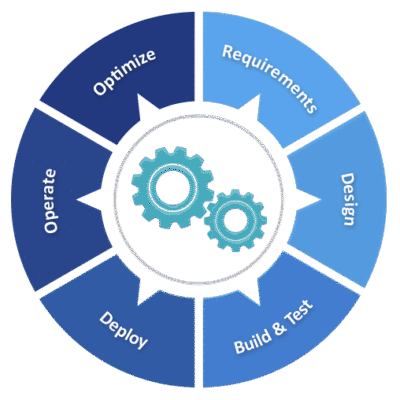

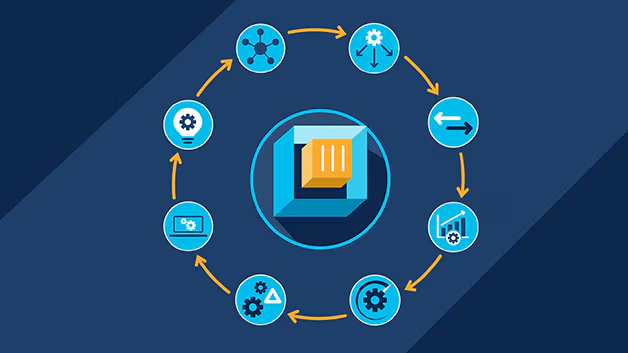
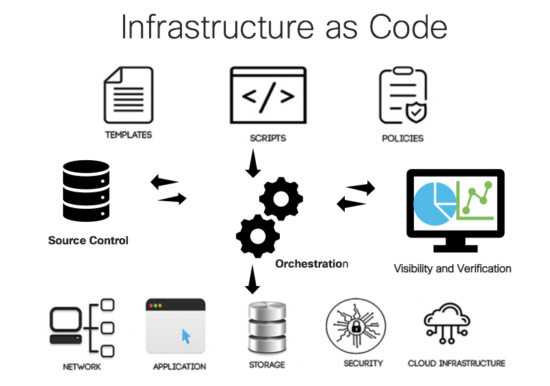




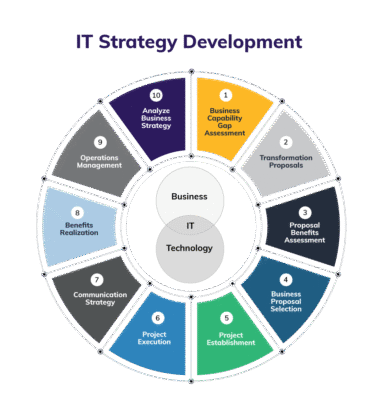


































































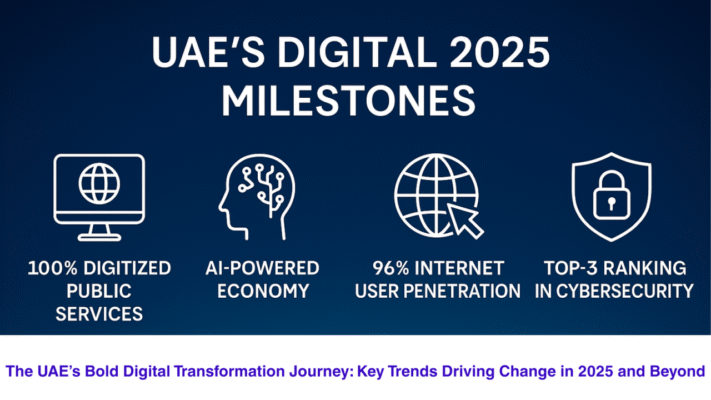
Love this one ❤️